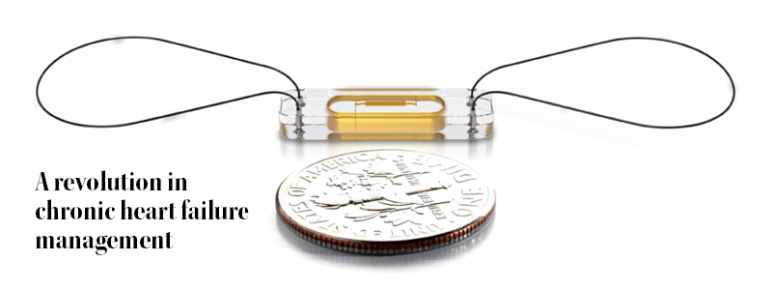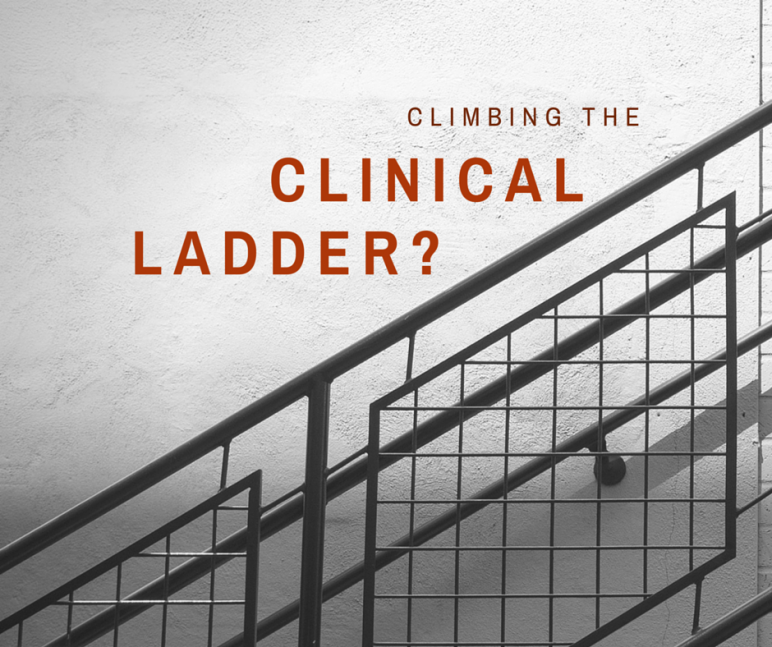This is the first and only FDA-approved heart failure monitoring solution proven to reduce heart failure hospital admissions when used by physicians to manage heart failure. And the reduction is significant— 28 percent within the first six months and 37 percent over 15 months demonstrated in a large randomized study...
Learn more about CardioMEMS, find strategies to improve case mix index, or build a learning community in your team through preceptorship—all inside the Alliance of Cardiovascular Professionals flagship, peer-reviewed publication, CV Directions.



